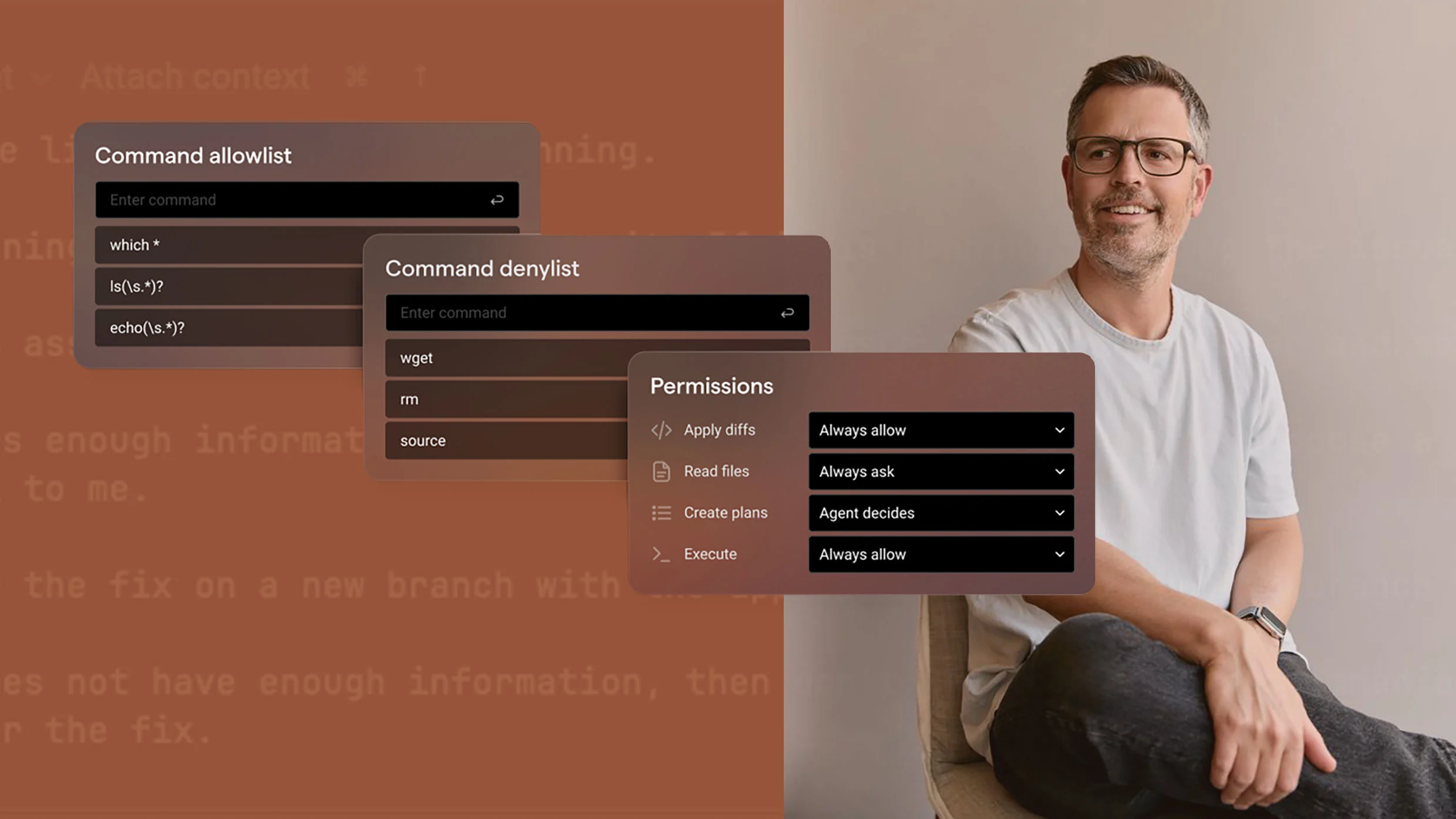Cybercriminals Leverage AI in the Digital Job Market
In a contemporary twist to the classic con, cybercriminals are leveraging the power of artificial intelligence to augment their deceptive schemes in the digital job market. Research indicates that scammers are now creating AI-altered appearances and fake identities to secure remote job positions, posing significant threats to company security.
The Digital Transformation of Scams
Scammers are not just altering their looks with AI; they are incorporating advanced tools into every facet of the job application process. From meticulously crafted resumes to professional-grade headshots, counterfeit websites, and fraudulent LinkedIn profiles, artificial intelligence enables fraudsters to present as ideal job candidates electronically.
Once embedded within an organization, these cybercriminals exploit their position by accessing confidential information or injecting malware into the company’s systems. While identity theft is an old trick in the scammer’s playbook, AI allows criminals to conduct these operations at a grander scale, heightening the overall threat exponentially.
According to insights from Gartner, a notable research and advisory firm, an alarming projection suggests that by 2028, a quarter of job applicants may be using fake applications to infiltrate businesses.
Spotting the AI-Facilitated Deceptive Candidates
In a well-documented incident, Dawid Moczadlo, co-founder of Vidoc Security, shared a recording of an interview with a fictitious AI-generated job seeker, which quickly gained traction on professional network LinkedIn. Moczadlo expressed his astonishment upon discovering the extent to which AI could be used deceptively.
“I felt a little bit violated, because we are the security experts,” Moczadlo remarked.
To unveil the digital impostor, a simple gesture sufficed. The candidate was asked to place their hand in front of their face, an action which would disrupt any deepfake filter. The candidate’s refusal prompted Moczadlo to conclude the interview.
A Shift in Hiring Practices
This encounter marked the second instance of Vidoc Security confronting AI-generated applicants. Consequently, the company revised its recruitment methodology. Today, potential hires are invited for in-person interviews at company expense, including travel costs and a full day’s earnings, ensuring a secure hiring process.
Larger Implications and Solutions
U.S. justice authorities have uncovered elaborate networks where North Koreans assume false identities to secure remote jobs, working primarily in the U.S. IT sector. The proceeds from these jobs, estimated in the millions annually, reportedly funnel into North Korea’s military applications, including nuclear development.
Moczadlo was informed that the patterns detected in Vidoc’s experiences were akin to those associated with these North Korean fraud rings, although Vidoc’s case remains under review.
“We are really lucky that we are security experts,” Moczadlo pointed out, “but for companies without such expertise, spotting and preventing such fraud is inherently challenging.”
Combatting the Growing Threat
Vidoc’s founders have devised a comprehensive guide for HR experts to identify potential applications from fake job seekers using AI. Here are key practices to verify the authenticity of an applicant:
- Scrutinize LinkedIn Profiles: Investigate the profile creation date and verify links to claimed employers through shared connections.
- Cultural Inquiry: Ask culturally specific questions tied to the candidate’s claimed background to test their authenticity.
- In-Person Verification: Given the pace at which AI progresses, authenticating a person’s identity face-to-face remains the best safeguard.
For continuous updates on the intersection of technology and security, visit aitechtrend.com.
Note: This article is inspired by content from https://www.cbsnews.com/news/fake-job-seekers-flooding-market-artificial-intelligence/. It has been rephrased for originality. Images are credited to the original source.








